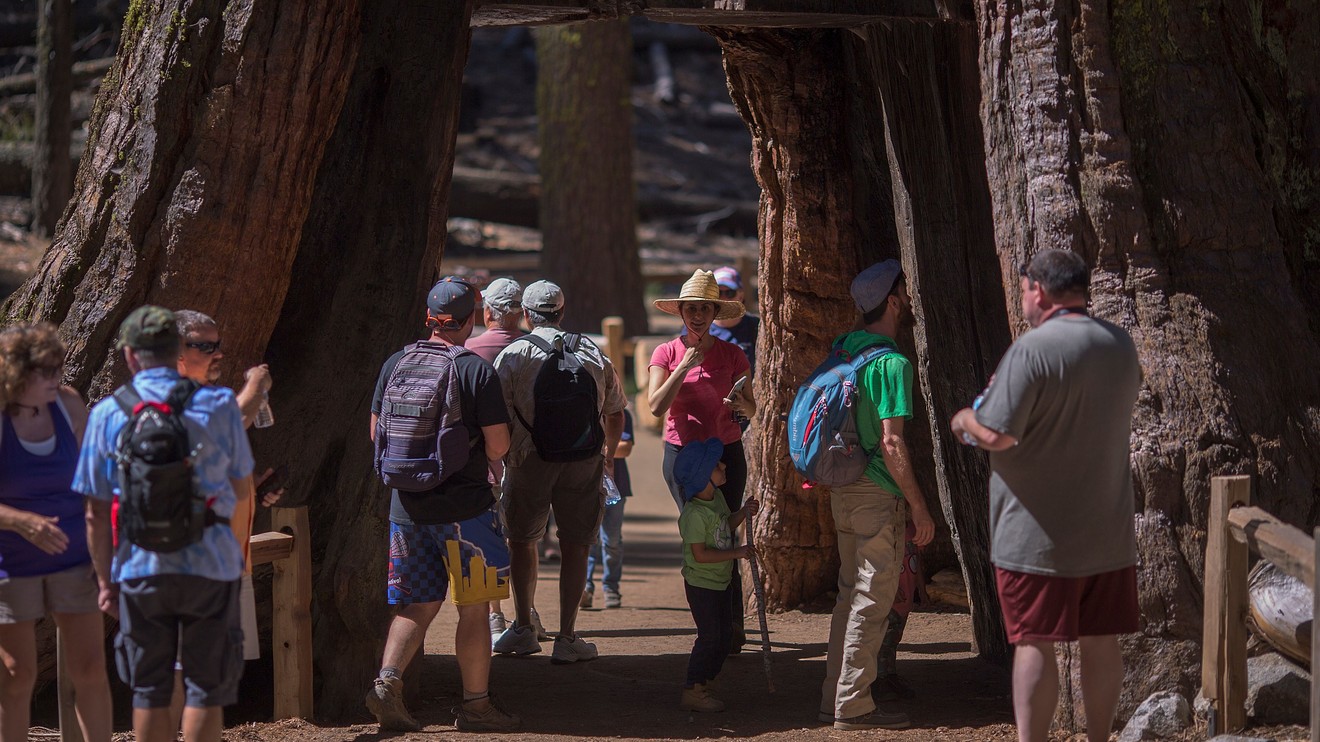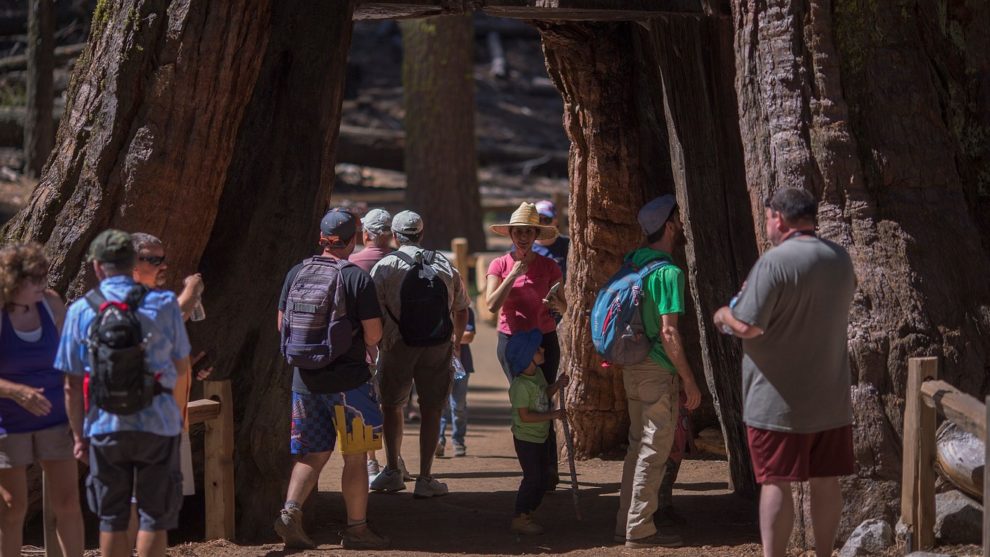
Evidence of the increasing effects of climate change is building, as are the investing opportunities and changes in consumer habits linked to environmental concerns and resource use. Here are select dispatches about the companies responding to customer demands and climate risk, the ESG investors and their advisers, and the policy-makers, enterprising individuals and scientists preparing for tomorrow.
Humans were changing the planet earlier than we knew, study asserts. Hunter-gatherer societies and early farming were changing Earth thousands of years ago, long before greenhouse gas emissions and other effects often attributed to the middle of the 20th century, and before that, pinned on the Industrial Revolution. Farming especially impacted the land by 3,000 years ago. The global study was published Thursday in the journal Science.
Earlier this year, scientists suggested that the Anthropocene — the current geological age — is viewed as the period in which human activity has been the dominant influence on Earth’s climate and the environment, and that it began about 1950.
But the very definition of human activity and its effects is subject to debate by scientists. The report made clear that the rate of change has picked up, however, which warrants attention.
Read: Regulation rollback expected for climate-changing methane releases from oilfields
Read: These energy firms are trading at their financial-crisis lows
“While modern rates and scales of anthropogenic global change are far greater than those of the deep past, the long-term cumulative changes wrought by early food producers are greater than many realize,” said Andrea Kay, study author at of the Max Planck Institute for the Science of Human History and The University of Queensland, a lead author on the study.
“Even small-scale or shifting agriculture can cause global change when considered at large scales and over long time-periods,” she added.
In order to farm the land, forests were cleared for planting. Domesticating and herding animals also required land clearing. In the case of these activities, it wasn’t the pace that changed the land, but the widespread activity, the researchers said. Research like this can lay the foundation for understanding how it happens and ways to mitigate the harmful changes, said another researcher on the team, Alison Crowther, also of The University of Queensland.
And: Australia lowers Great Barrier Reef outlook to ‘very poor’
Brazil’s Bolsonaro bans land-clearing fires in Amazon for 60 days. Brazil’s President Jair Bolsonaro has banned the use of fire to clear land throughout the country for 60 days, in response to the blazing fires in the rainforest that has caused international outrage. According to an official decree, which was released on Thursday morning, the ban started on Wednesday. The practice of burning land in rural areas is common among farmers, who will often use fires to clear the land for new crops or livestock. Bolsonaro has repeatedly insisted the Amazon should be opened to development and has defunded the agencies responsible for cracking down on illegal activity.
Opinion: About the Amazon rainforest fires — let’s separate fact from fiction
And: Is the Amazon rainforest really Earth’s lungs? These scientists say it isn’t
Bernie tells coastal Carolina to act ‘boldly’ on climate defenses. Democratic presidential hopeful Sen. Bernie Sanders returned to critical early-voting state South Carolina Thursday for a conversation on climate change’s impact on the state’s $20 billion tourism industry. The senator last week released a $16.3 trillion climate change plan that calls for the U.S. to move to renewable energy across the economy by 2050 and declare climate change a national emergency.
“I think that the cost of doing nothing will be far, far more expensive,” Sanders said Thursday, addressing the cost of his plan, according to the Associated Press.
Read: Where the 2020 Democrats stand on climate change
In the historic city of Charleston, even a moderate amount of rainfall has become enough to flood streets and make parts of the urban peninsula impassable. AP cited a study by the Union of Concerned Scientists that says by 2045 chronic flooding could inundate more than 16,000 homes along the state’s coast and low-lying areas, with about 3,000 of those in the areas surrounding Myrtle Beach. The region’s subtropical climate and extensive beaches attract more than 19 million visitors each year.
Read: Number of young Republicans concerned about environment jumps in last five years
Pulling water out of thin air? In a new paper for the Journal of the American Chemical Society, researchers from the University of California, Berkeley have unveiled a device that can actually turn air into water, Popular Mechanics reports. The scientists’ water harvester can pull more than five cups of water from low humidity air per day per 2.2 pounds of water-absorbing materials. That means you could produce enough water to live for a day. In fact, you’d actually have a surplus, according to the World Health Organization.
The star of the process is the metal organic framework, which is essentially a pile of powder full of organic molecules and metals, Popular Mechanics said. Scientists leave the mixture out overnight so that the wealth of water molecules floating around in the atmosphere can attach itself to the metal organic framework. “You can imagine it’s like a sponge,” said Eugene Kapustin, a Ph.D. student at UC Berkeley, in a YouTube video released by the university.






